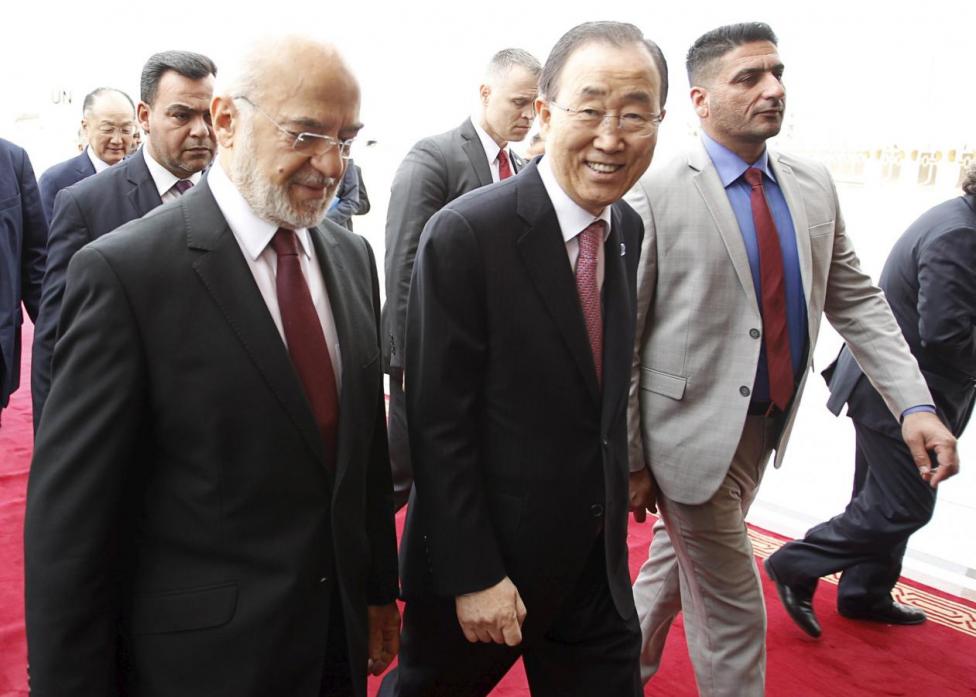Beirut- An independent Shi’ite politician said that Iran has received in the past few months parliamentary and party delegations and officials from Iraq’s Popular Mobilization Forces for the sake of “restoring the national coalition.”
The politician told Asharq al-Awsat that “Iran’s supreme leader Ali Khamenei received some prominent leaders such as Ammar al-Hakim, head of the National Coalition and head of the Islamic Supreme Council of Iraq, and some leaders of armed forces that have built tight relations with Iran including Harakat Hezbollah al-Nujaba (HHN).”
“HHN has members in Syria and this is triggering criticism especially after some of the fighters were taken captive while the families of those killed were not being appreciated,” said the politician. He continued, “These fighters claim that they are going to Syria to defend Sayeda Zeinab shrine but this excuse is no more applicable after it has been proven that many of them are fighting in Aleppo.”
The Shi’ite politician stated, “Some meetings were held with Mohammad Ali Jafari, Iranian commander of the Iranian Revolutionary Guard Corps (IRGC), General Qasem Soleimani, commander of Iran’s Quds force, or with Iranian Parliament Speaker Ali Larijani … Ammar al-Hakim started to hint on formation of a trio bloc from Sunnis, Shi’ites and Kurds.”
According to the politician, “In light of this trio bloc, Shi’ites who represent the majority of Iraq’s population (more than 50%) and the majority in the parliament (184 deputies) will have one third of shares which is equal to that of the Sunnis and Kurds. This actually indicates the death of the Shi’ite leadership in Iraq.”
The politician sees that the issue is complicated; it’s not only a matter of conflict among Shi’ite leaders which Iran is trying to control along with its attempts to prevent the debriefing of Iraqi Foreign Minister Ibrahim al-Jaafari.
